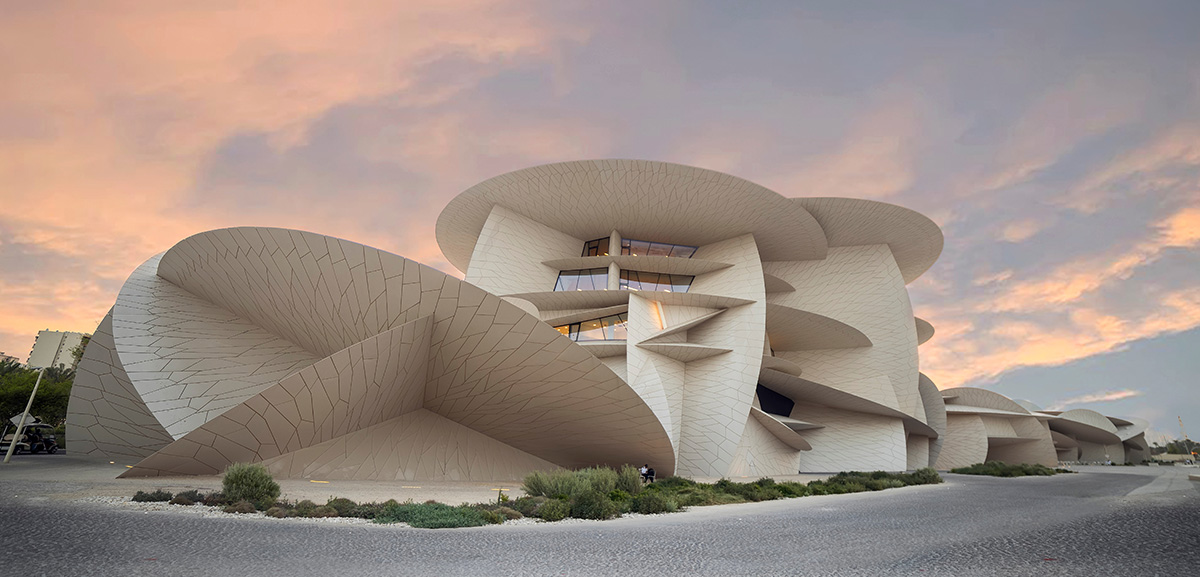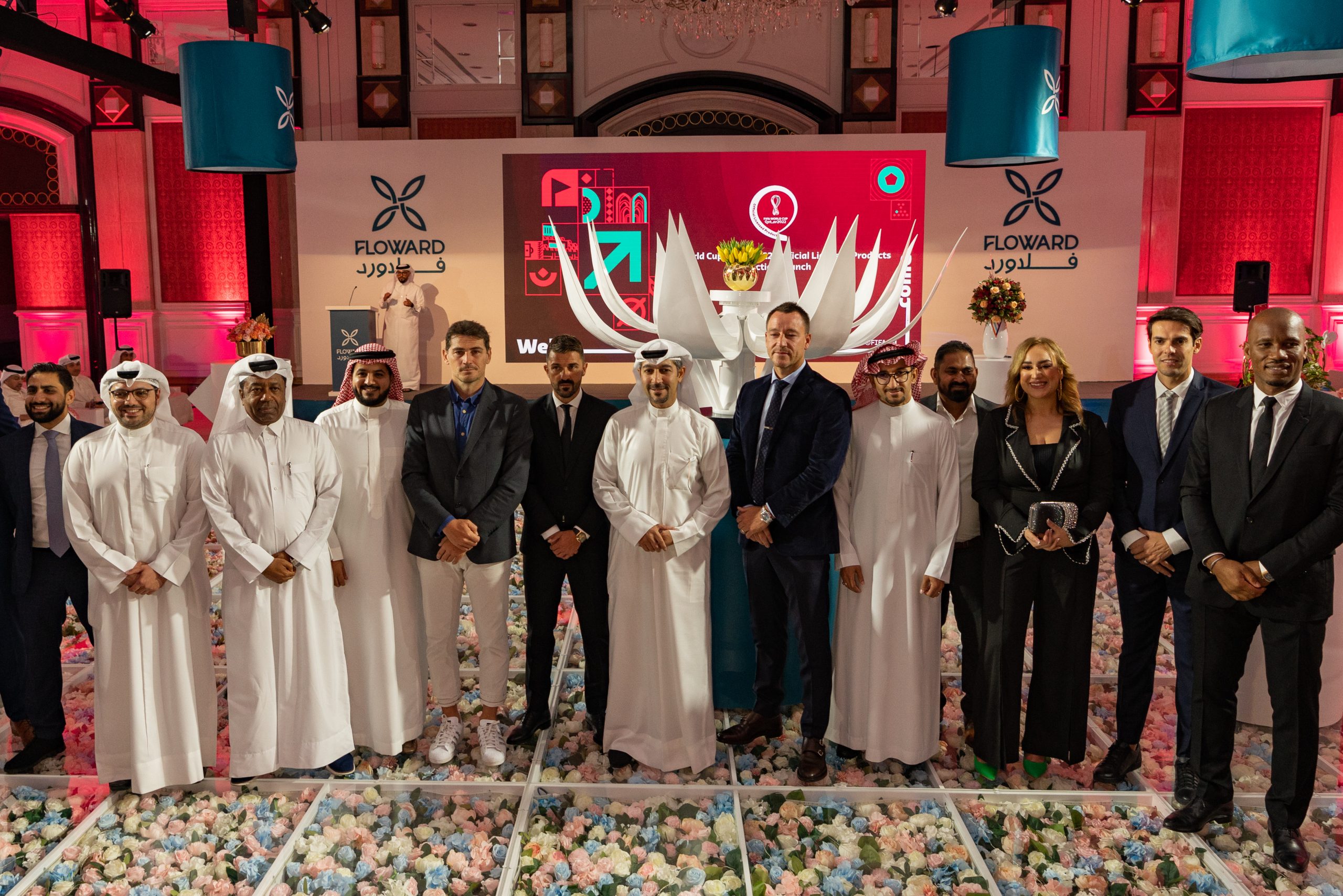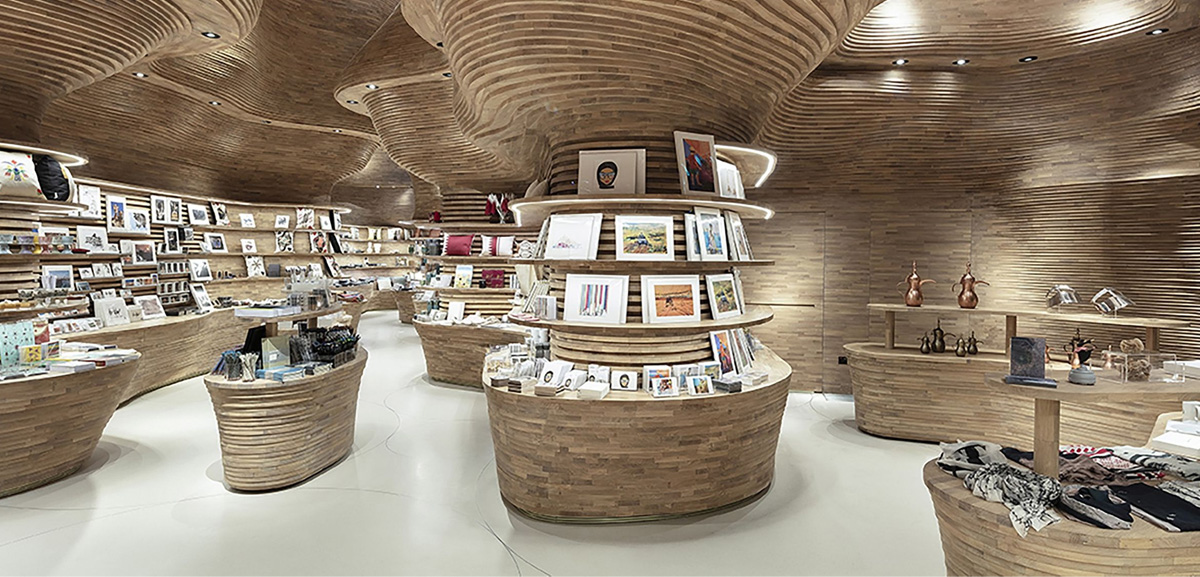7 films made in Qatar are screening in the ‘Shortcuts to Qatar’ segment presented by the Institute
Selected films include Nadine Labaki’s Capharnaüm, which set history by winning the Jury Prize at the 2018 Cannes Film Festival and Meryem Benm’Barek’s Sofia which won the Best Screenplay Award at 2018 Cannes in Un Certain Regard
Doha Film Institute is setting a new benchmark in highlighting Qatari film talent at international film festivals with seven short films, all made in Qatar, being presented as the ‘Shortcuts to Qatar’ segment at the prestigious Sarajevo Film Festival. Held until August 17, 2018, Sarajevo Film Festival, one of Europe’s largest film events, further adds to the pride of Qatar with a total of 19 films supported by the Doha Film Institute in its programming.

Treasures of the Past
Of the 19 films, nine films are in the Official Selection, while three are showcased as part of the CineLink Co-Production Market and Work in Progress platform. The films at Sarajevo are recipients of the Grants Programme, the Qatari Film Fund or past Qumra projects and other development initiatives steered by the Doha Film Institute.
Fatma Al Remaihi, Chief Executive Officer of Doha Film Institute, said: “The Sarajevo Film Festival shares strong synergies with the work we do in Qatar, and together as cultural partners, we have been working towards nurturing the skills of emerging filmmakers and showcasing some of the most powerful works from the region to a wider audience in Europe.
“This year, with 19 films supported by the Doha Film Institute at Sarajevo, we have the largest to date participation at this important film event. We are exceptionally proud of the ‘Shortcut to Qatar’ segment at Sarajevo, which highlights the talents of our emerging filmmakers, giving their films access to an international audience. We will continue to focus on supporting bold voices in filmmaking from Qatar, our region and beyond.”
The seven short films by Qatari talents and by those who call Qatar home, showcased in the ‘Shortcut to Qatar’ segment at Sarajevo are: Voices from the Urbanscape (2017) by Shaima Al-Tamimi and Mariam Salim, a short travelogue around Qatar’s capital in development; I Have Been Watching You All Along (2017) by Rawda Al-Thani, about a young woman who wanders about an abandoned cinema through a trancelike journey into its corridors; Walls (2017) by Nibu Vasudevan, an animation set in a decaying world that has become nothing more than a trash heap, where a race of robotic creatures are engaged in a pointless, seemingly endless war; Embodiment (2017) by Khalifa Al-Marri, a poetic reflection of Qatar’s becoming a sophisticated nation of wealth and influence while retaining its centuries-old traditions; Treasures of the Past(2017) by Rawan Al-Nassiri and Nada Bedair, in which three grandmothers from Qatar are willing to give it all that it takes to break gender stereotypes in their societies; Our Time is Running Out (2017) by Meriem Mesraoua, set in a blissful alternate universe, where a society of children lives according to strict rules; and 1001 Days (2017) by Aisha Al-Jaidah that tells the story of the life of Sheherezade, the creative and heroic storyteller.

The Wild Pear Tree
The films in the CineLink Co-Production Market include the DFI Grants recipient Streams (Tunisia, France, Luxembourg, Belgium, Qatar) by Mehdi Hmili, about Amel, who is released from prison and seeks her missing son Moumen, in the lower depths of Tunis – also a 2017 Qumra project; and The Voice of Amirah (Qatar), a feature narrative by Khalifa Al-Thani, set in 1970s Qatar about adolescent Amirah, who against all odds grows up to be among the first of Qatar University female graduates. It was supported through Doha Film Institute’s Hezayah Screenwriting Workshop and Producers Lab. In Work in Progress is the documentary Ibrahim (Palestine, Lebanon, Denmark, Qatar) by Lina Alabed, about the eponymous protagonist, a secret member of the Palestinian Militant Organisation who goes on a mission never to return.
Several acclaimed films supported by the Doha Film Institute are in the in-competition section including Turkish auteur and 2014 Palme D’or winner and Qumra Master Nuri Bilge Ceylan’s The Wild Pear Tree (Turkey, France, Germany, Bulgaria, Bosnia and Herzegovina, Macedonia, Sweden and Qatar/2018), which explores the theme that for some the countryside is a place of exile where all hopes ultimately merge with solitude. Also showcased is Lebanese filmmaker Nadine Labaki’s Capharnaüm (Lebanon / 2018), which won the Jury Prize at the 2018 Cannes Film Festival. It is a gritty film about a child who rebels against the life imposed on him and launches a lawsuit against his parents. Sofia (Morocco, France, Qatar/2018) by Meryem Benm’Barek is about the pregnant namesake protagonist who lives with her parents in a modest apartment in Casablanca. The film won the Best Screenplay award at Cannes 2018, where it screened in the Un Certain Regard segment.

Caphamaum
Among the DFI Grants recipients are compelling documentaries: Nine Month War (Hungary, Qatar/ 2018), also a Qumra project, by László Csuja is about 24-year-old Jani, who lives in a small town in Ukraine and is fed up with the boring life in his hometown; while Of Fathers and Sons(Syria, Germany, Qatar/ 2017) by Talal Derki is a disturbing documentary demonstrating that jihadism is a learned behaviour– one that in some arenas is being handed down with paternal authority to vulnerable minds; The Man Who Stole Banksy (Italy, Qatar/2018) by Marco Proserpio is about the eponymous protagonist who goes to Palestine to paint on walls; and The Other Side of Everything (Serbia, France, Qatar/2017) by Mila Turajlic, which won the Best Documentary at IDFA, where it had its world premiere, is the story of an apartment in Belgrade that turns a family chronicle into a portrait of a country in political turmoil. The feature narrative, Too Late to Die Young (Chile, Brazil, Argentina, Netherlands, Qatar/2018) by Dominga Sotomayor, is set in the summer of 1990 in Chile, about a small group of families living in an isolated community. A Qumra nurtured film, it recently premiered at the Locarno Film Festival, where it won Dominga the best director laurel.

Embodiment
A Qumra project, The Load (Serbia, France, Croatia, Iran, Qatar/2018) by Ognjen Glavonić is based on a true story about Vlada, a truck driver, who is tasked with transporting a mysterious load from Kosovo to Belgrade.
Two films supported by the Doha Film Institute have their special screenings: Wallay (France, Burkina Faso, Qatar/2017), directed by Berni Goldblat, which screened at the Ajyal Youth Film Festival, is being shown as part of the Children’s Programme. It is about 13-year-old Ady, who gets himself into trouble in a French suburb. His father decides to send his son to live for a time under the care of his authoritarian uncle in a remote village in Burkina Faso.

1001 Days
What Comes Around (Lebanon, Egypt, Greece, Slovenia, Qatar/2018) by Reem Saleh, also a past Qumra project, features in the Special Screenings section. It is set in Rod El Farag, one of the poorest residential areas in Cairo, where obtaining meat, fruit and daily bread is a constant struggle. But the sense of community shared by the inhabitants helps them to some extent overcome their hardships through a social practice known as ‘al Gami’ya’, or ‘the assembly’.
Sarajevo Film Festival is marking its 24th edition this year and builds on its reputation for high-quality programming, strong industry segment, and educational and networking platforms for young talents. The festival welcomes film professionals from across the world for its unique selection of Southeast European and international films.
For more details, visit: www.dohafilminstitute.com
For more articles on Arts & Culture click here






Leave A Comment
You must be logged in to post a comment.